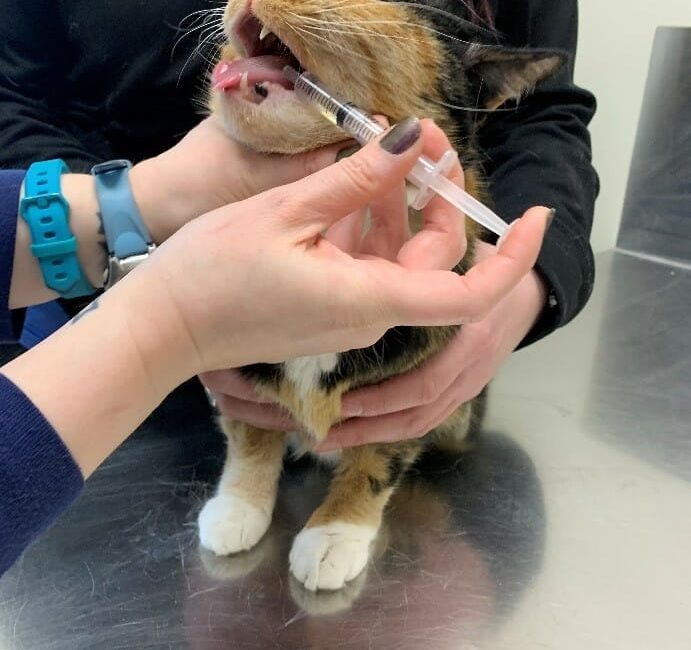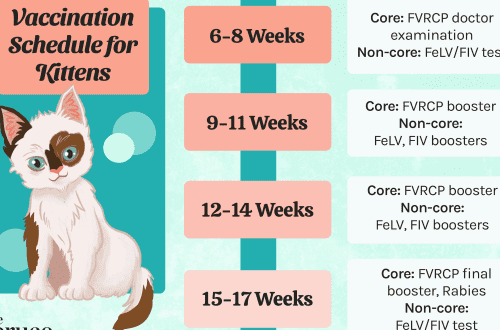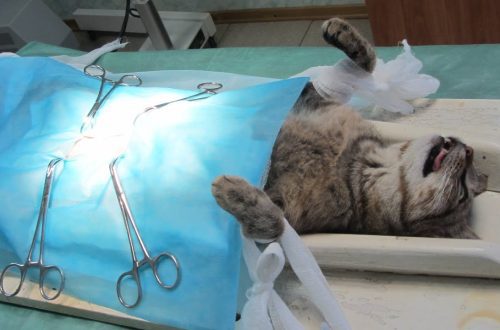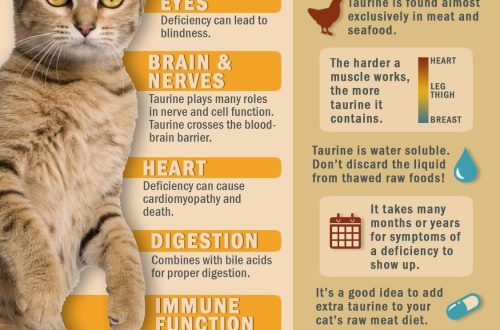
How to give your cat deworming medications
Every cat owner sooner or later has to give his pet an anthelmintic drug. Why do this if the pet lives at home?
This is due to the fact that even those cats that do not go outside and do not contact other animals can become infected with helminthiasis. Helminth eggs can enter their body with raw meat or fish, and the owner of a domestic cat can bring them into the house on the soles of their shoes. The whole family can become infected from an animal. Therefore, prevention is necessary.
How to give a cat an anthelmintic drug: frequently asked questions
- How often should worming be done?
Veterinarians recommend doing this once every 1-3 months. If the cat is constantly at home and eats only ready-made food, anti-parasitic treatment can be carried out every three months, and if she walks outside and / or eats raw meat, then monthly. And the frequency of treatments depends on the region where the cat lives.
Which drug should you choose?
Today, there are several varieties of antiparasitic agents. These can be tablets, drops on the withers, suspensions, etc. The veterinarian will recommend exactly the drug that is suitable for a particular pet.
How to give a cat a pill from helminths, if she resists?
The classic method looks like this: the cat must be carefully wrapped in a towel or blanket so that it does not scratch, gently open its jaws with one hand, and put a pill on the base of the tongue with the other. To do this, you can use special tablet dispensers (they are sold at a veterinary pharmacy and pet store). Then you need to clamp the cat’s mouth, inject a little water on the side between the teeth with a syringe without a needle and stroke the pet’s throat to cause a swallowing reflex. You can also use the trick: crush the tablet and mix it with your cat’s favorite wet food. If you are worried that you will not cope, or the cat usually reacts aggressively to any manipulations, it is better to contact a veterinarian. No extra stress is needed for you or your pet.
How to give a tablet from helminths to a kitten?
While the kittens are small, the owner has a chance to accustom them to taking antiparasitic drugs. Whether your veterinarian recommends a tablet or suspension – first find out all the nuances, and it is better to approach the process itself calmly and carefully so as not to scare the baby and not to reinforce negative emotions. Before use, you must read the instructions: at what age and in what quantity should this medicine be given to kittens.
How to give helminth tablets to cats: in the evening or in the morning, before or after meals?
Usually, veterinarians recommend doing this in the morning when the cat is hungry and more likely to swallow the pill. But it is better to follow the instructions for the prescribed antiparasitic drug.
How to give a cat a suspension from helminths?
Suspension formulations are sold with a convenient dispenser. It is necessary to collect the required amount of the suspension and pour it into the cat’s mouth. In general, you need to act in the same way as with a tablet. When the medicine is swallowed, you need to praise the pet and calm him down.
Why is anthelmintic treatment necessary before vaccination?
Helminthiasis can suppress the immune response to vaccination and reduce the effectiveness of the vaccine. Therefore, 10 days before vaccination, it is necessary to give the pet a medicine for parasites.
How do anthelmintic drops work on the withers?
Antiparasitic agents in the form of drops penetrate the skin into the bloodstream and thus affect the entire body. But such drugs may have a number of contraindications.
What to do if the cat feels bad after the anthelmintic medicine?
The pet may feel unwell due to individual intolerance to the drug. In case of vomiting, atypical lethargy and tremor, the animal should be taken to a veterinarian.
Do not neglect antiparasitic prophylaxis – you need to give your pet the necessary medicines on time. And remember that first of all you need to consult with a veterinarian.
See also:
Helminthiasis in cats: symptoms and treatment
How to give pills to a cat
They took a cat from the street: what’s next?





